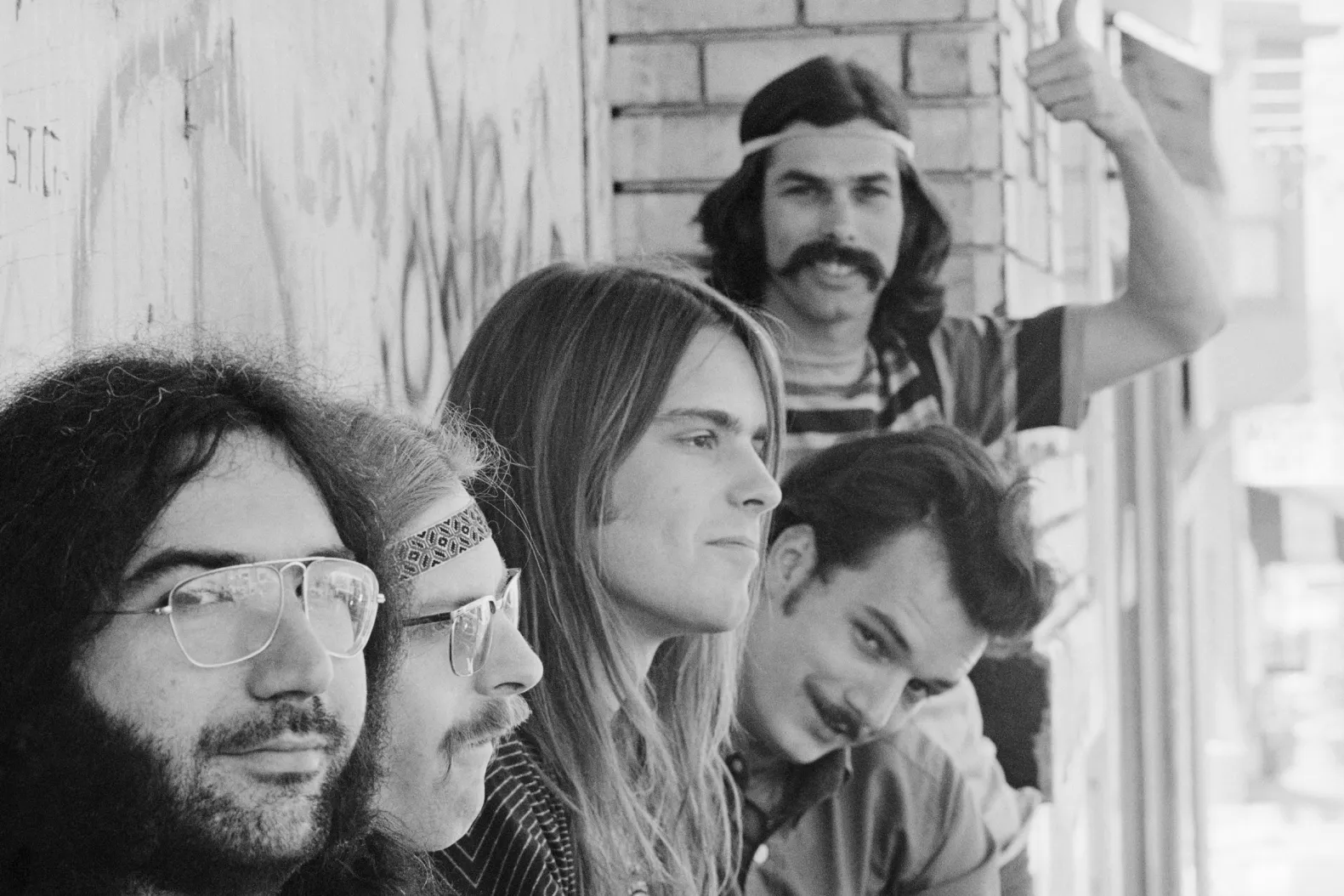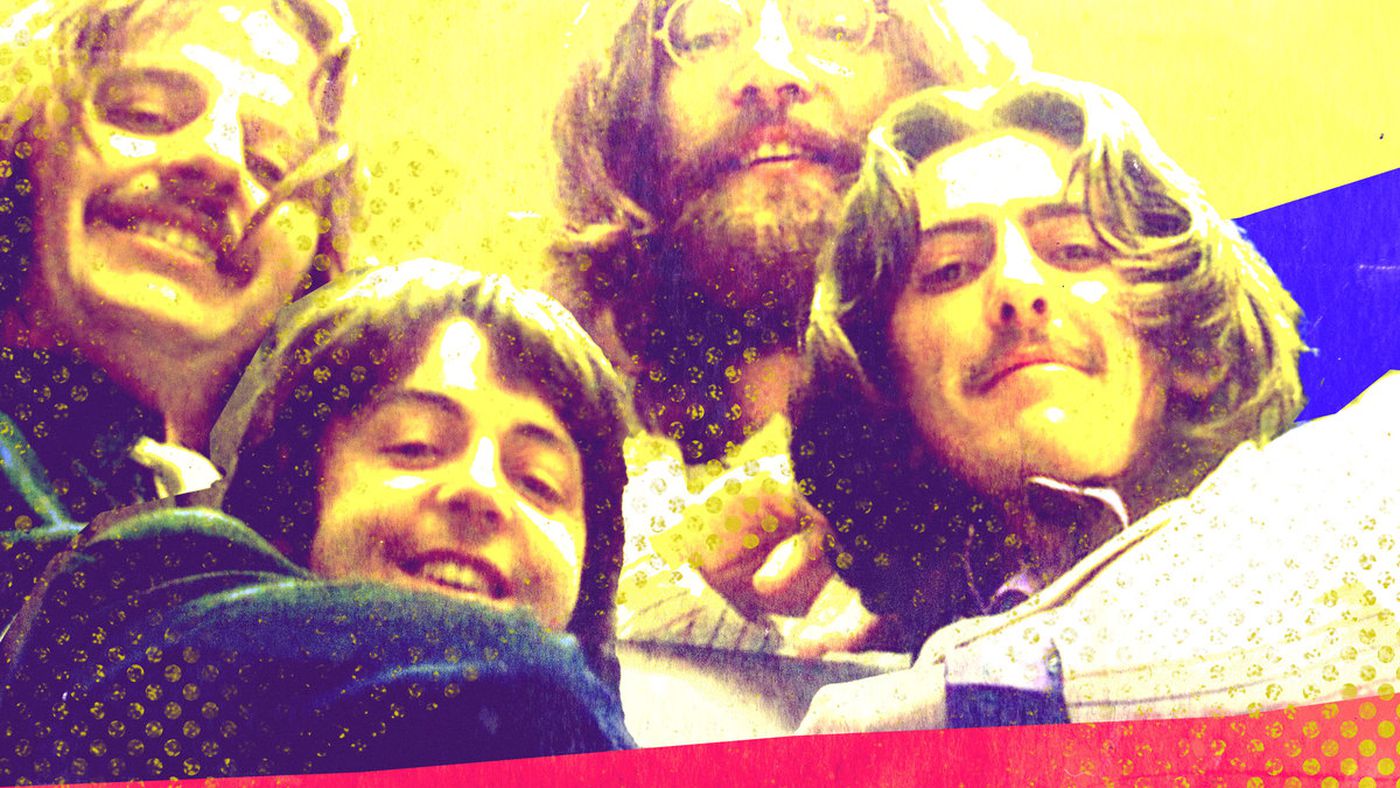The Tech Craze and the Music Legends
The Beatles Last Song. So, get this – The Beatles have dropped what’s being called their “final” track. But here’s the twist: it includes John Lennon’s voice, extracted from an old, dodgy cassette using super-high-tech AI wizardry. Pretty mind-blowing, right?
Now, this isn’t the first time we’ve seen something like this. Remember when we heard Lennon’s voice on “Free as a Bird” back in ’95, long after he passed away? Well, this time, the tech game’s leveled up big time.
So, what’s the deal with this AI music thing? Well, it’s not just about bringing back dead legends’ voices. It’s also about creating tracks that sound like today’s chart-toppers or crafting “new” songs using artists’ old recordings.

Reimagining the Greats and Beyond
Picture this: holograms of Tupac and other music icons rocking the stage, even with a few glitches here and there. The music industry’s all over this tech, trying to squeeze every last drop of profit from the legacies of artists who’ve shuffled off this mortal coil.
But wait, there’s a hitch – is it really cool to manipulate singers’ voices after they’re gone? It’s a bit of a moral puzzle. After all, who knows what these artists would’ve wanted? It’s like they’re being turned into puppets, dancing to the industry’s tune, even after they’ve left us.
The Good, the Bad, and the ‘Ick’ Factor
Sure, we love hearing new stuff from our favorite singers, even when they’re no longer with us. But let’s face it, some of these posthumous releases are a bit, well, cringey. Take Barry Manilow’s album where he sings alongside recordings of dead legends like Judy Garland. Talk about a major “ick” factor!
And then there’s the whole AI “deepfake” music scene that’s making new tracks from old singers’ bits and bobs. But most of it feels, well, kinda lifeless, like a bad ’90s TV show.
Where Artists Stand on the Tech Front
The Beatles. Some artists are all for this tech wave, like Grimes and Holly Herndon, diving into the AI pool to create something new. But even they’re treading cautiously, ’cause let’s be real, the rules around this AI stuff are fuzzy worldwide.
J Lloyd from Jungle, a soul and funk-inspired crew, is all curious about how future generations will jam to their tunes. But at the same time, there’s that lingering worry about losing the human touch in music.
Navigating the Posthumous Music Maze
Okay, there’s this Amy Winehouse collection that dropped after her passing, approved by her estate. But then, the label’s big boss later said they destroyed her demos to keep things ethical. See, it’s a rollercoaster of emotions and decisions in the world of posthumous music.
Ultimately, the best posthumous releases come from folks who truly knew and loved the artists. Take the Sparklehorse album released recently; Mark Linkous’s family finished the work he started before his tragic death in 2010.
The Bottom Line: Tech vs. Heart
In the end, it’s all about how these tunes feel to us, the listeners. Do they tug at our heartstrings or just sound like a weird imitation? With projects like “The Endless Coloured Ways,” artists are reinventing old tunes in their style, giving them a fresh twist while keeping the soul of the originals intact. And hey, no technology was harmed in the making!
